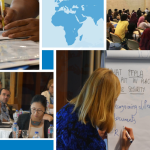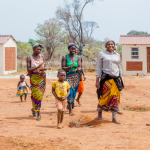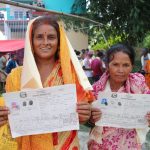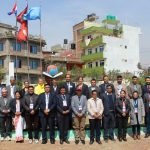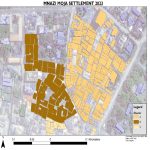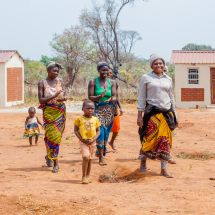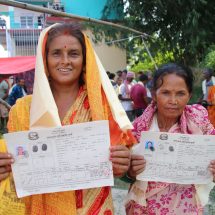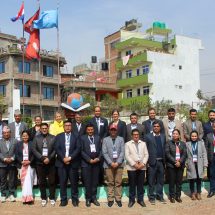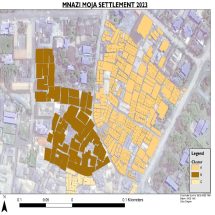Organization: ILC
Tags: Commercial Pressures on Land, Land rights
Country: Global
High Level Panel at World Water Week 2012
Stockholm, August 27, 2012
Address by Dr. Madiodio Niasse, International Land Coalition Director
I appreciate the opportunity to take part in the High Level Panel on The Global Rush for Water and Land which is taking place on August 27th, 2012, at the opening day of the Stockholm World Water Week, which this year focuses on Water and Food Security.
Let me start by saying that the International Land Coalition is against all forms of land grabbing at all levels, from local to international. The ILC denounces large scale land acquisitions that violate human rights in any way, that are socially and economically unjust, are environmentally unsustainable or are based upon undemocratic processes that do not allow for benefit sharing.
Our own studies and the many reviews from other organisations converge on the finding that the large scale land acquisitions we are seeing in recent years tend to share the patterns of being secretly negotiated and hastily planned. In the rare cases were actual development of the acquired land has started, they generally have resulted in severe adverse impacts on people and the environment, with often serious threats to water availability in the targeted countries, and even riparian states as most interventions are directed to internationally shared river basins. Therefore, what the evidence is telling us is that the current wave of transnational land deals largely deserves to be referred to as “land grabbing”, and increasingly as “water grabbing”, as we better understand that what is really at stake is water.
That said, I hope we all agree that investment in agriculture is absolutely critical, especially in developing countries. As an African, it is beyond comprehension that agriculture in Africa has barely evolved over the last forty years. I am just returning from a trip to my home country of Senegal, and I was thinking about how farmers are in general using exactly the same methods I remember from my childhood.


